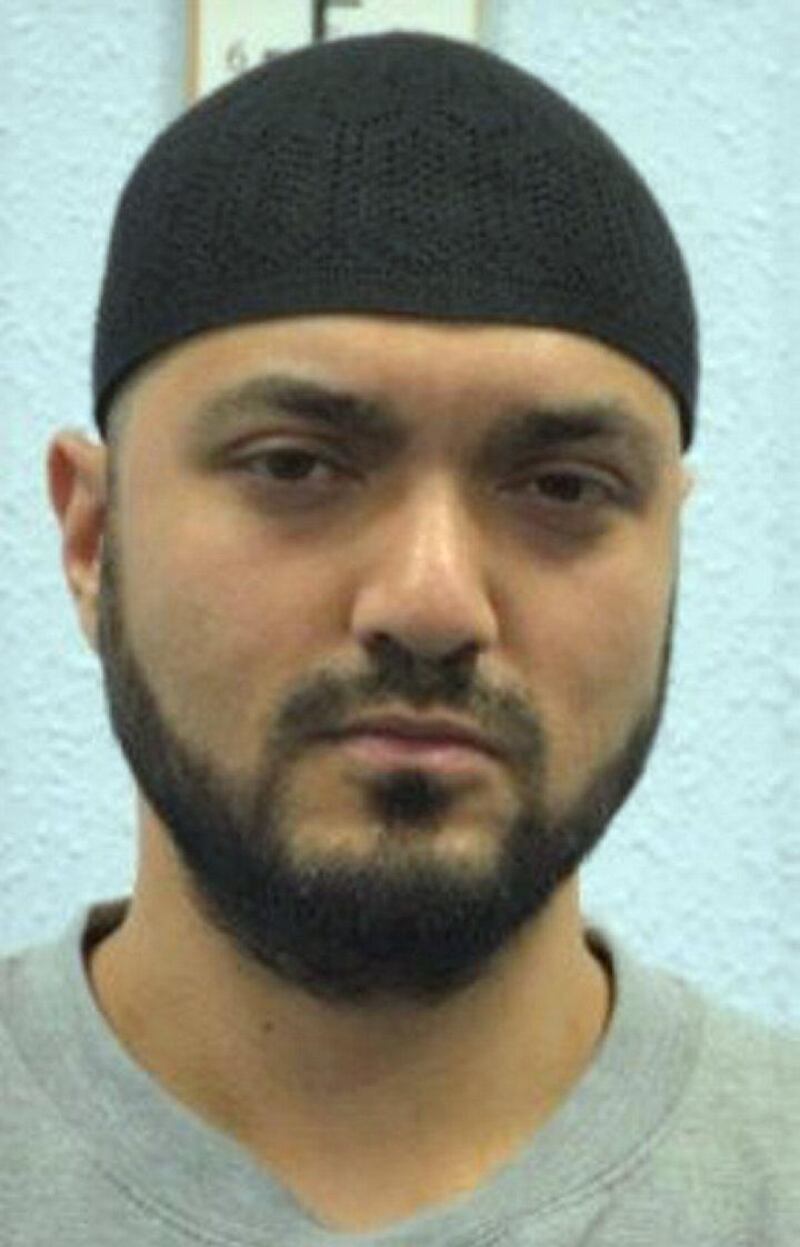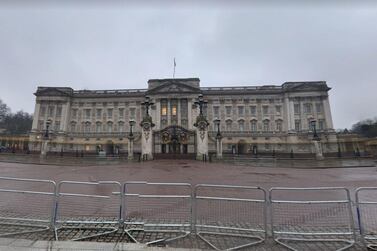An extremist who boasted of tricking a jury into acquitting him of a samurai sword attack on police outside Buckingham Palace has been convicted of plotting a terrorist strike against London targets.
Mohiussunnath Chowdhury was found to have posted extremist messages online just six days after being cleared of the terrorist attack outside the palace in August 2017, when he cut two officers with a 100-centimetre sword.
British police feared that Chowdhury posed such a threat after his acquittal that four undercover officers spent five months winning the trust of the 28-year-old until he detailed his deadly plans.
He talked about using guns, knives or even a van as a weapon – a tactic used by other terrorists including in 2017 when three attackers mowed down pedestrians on London Bridge before random knife attacks.
The three were shot dead by police.
The undercover officers discovered that the former Uber driver was driven by a desire to die for his extremist ideology.
Chowdhury, who worked in a chicken shop, confided his plans to kill members of the public on an open-top bus tour, at waxwork museum Madame Tussauds or the Gay Pride parade in the city.
He obtained a replica gun and tried to persuade one of the undercover officers, who he thought was preparing his own terrorist attack, to get him a real firearm.
At his trial over the samurai sword attack, he claimed he had not intended to kill anyone but wanted police to shoot him because he was depressed about the war in Yemen.
But he told a different story to the undercover officers after his acquittal, saying that he wanted to kill soldiers.
“I’m doing another attack, bruv. I’m serious bro, it’s about time now,” he said in a secretly recorded conversation.
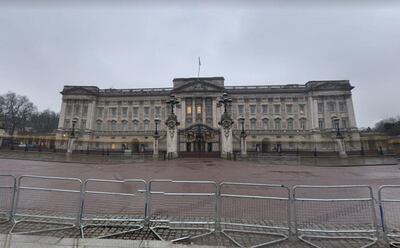
He was proud of having deceived a jury into thinking he was not an extremist, including by shaving off his beard for the second of two trials into the sword attack. The first jury had not been able to reach a verdict.
Chowdhury practised knife attacks and with his sister Sneha rehearsed how he would behead people.
Sneha Chowdhury, 25, who gave evidence against him at the trial over the samurai sword attack, was also convicted of failing to alert police that her brother was preparing a terrorist attack.
He was arrested more than seven months after he was released from detention. and three days before the Gay Pride parade in London.
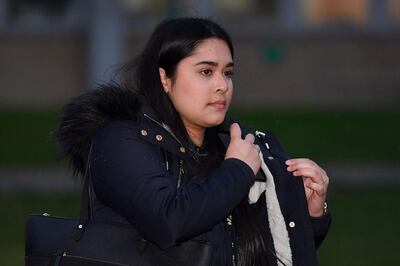
During initial interviews with detectives, he appeared happy to talk and police believed he was stalling for time until his "accomplice" launched his own terrorist attack.
But on the day of the parade, when police told him that the would-be terrorist was an undercover officer, Chowdhury declined to answer further questions.
In a search of his home, detectives found a list on the back of his bedroom door detailing his plans for paradise after achieving "martyrdom". They included choosing wives and a palace.
The case has raised further questions about the effectiveness of the criminal justice system to keep people safe from the most dangerous extremists.
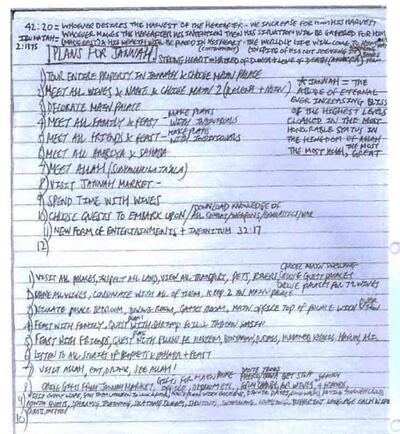
It emerged that while awaiting trial at a top-security prison for the sword attack, he drew a sketch of an extremist in a suicide vest shooting a police officer outside 10 Downing Street, home of the British Prime Minister.
The UK government is urgently trying to create new legislation after two attacks by men soon after they were released from prison for terrorism offences.
“I believe Mohiussunnath Chowdhury to be a very dangerous individual who is committed to kill and maim members of the public for no other reason than he has a hate-filled ideology,” said Richard Smith, head of London’s counter-terrorist unit.
